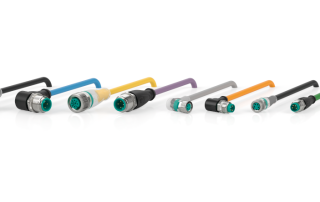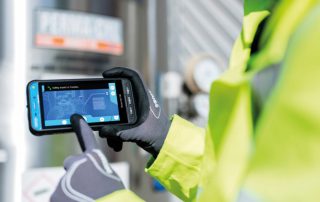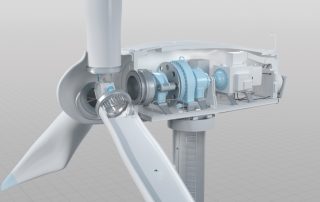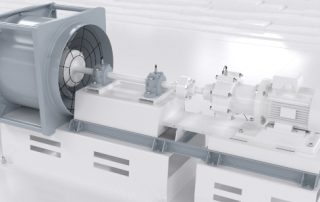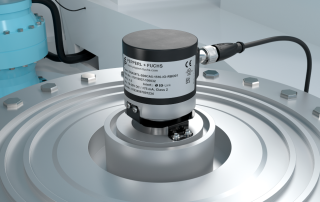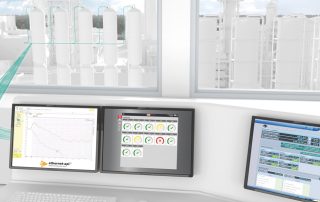We are pleased to welcome you to our blog. Here you will find useful information, applications, and guidance on the topics of automation, industrial sensors, and explosion protection.

Welcome to our blog. Here you will find current articles on the topics of industrial automation and sensor technology.
New Design M8 and M12 Connectors—Simplified Installation and Maintenance
Pepperl+Fuchs has recently introduced a new, optimized design of M8 and M12 connectors. In this blog article, you will learn more about the benefits of this new design—from installation to maintenance.
eDIAGNOSTICS App—Simplifying Mobile Device Diagnostics and Troubleshooting
Intrinsically safe mobile devices from Pepperl+Fuchs' brand ecom have become an integral part of everyday work life in many process plants and hazardous areas. To support the reliability of the mobile devices, ecom developed the eDIAGNOSTICS app—a diagnostic tool to optimize the technical support for the mobile devices Smart-Ex® 02 and Ex-Handy 10.
Monitoring the Condition of Your Plants With Vibration Sensors
To enable long-term monitoring of vibrations, Pepperl+Fuchs recently launched a new portfolio of vibration sensors. You can find out what distinguishes these products in the following blog article. Using a wind turbine as an application example, we will also show you how you can use vibration and acceleration sensors in combination to keep an eye on both long-term and short-term changes in vibration.
When Does it Make Sense to Use a Vibration Sensor?
Pepperl+Fuchs recently launched a new portfolio of sensors for vibration monitoring. In this blog article, you will learn more about how vibration sensors work. Learn how you can use these sensors to monitor the condition of your machines and perform predictive maintenance.
Condition Monitoring and Predictive Maintenance with IO-Link Rotary Encoders
With the ENA**TL-**IO-Link, Pepperl+Fuchs was one of the first manufacturers to launch an absolute rotary encoder with IO-Link interface. Learn how you can benefit from easy configuration and integration with this IO-Link rotary encoder, while at the same time monitoring the status of your plants in a cost-effective manner.
Ethernet-APL Simply Explained—How Parallel Communications Work
Ethernet Advanced Physical Layer, Ethernet-APL for short, is the physical layer for transmitting data into the field of process plants. Learn how parallel communication works today and what possible options there are to access data.
Subscribe to our newsletter and receive regularly news and interesting information around the world of automation.
